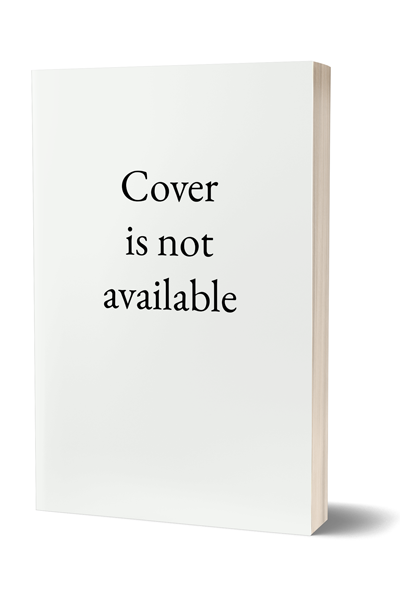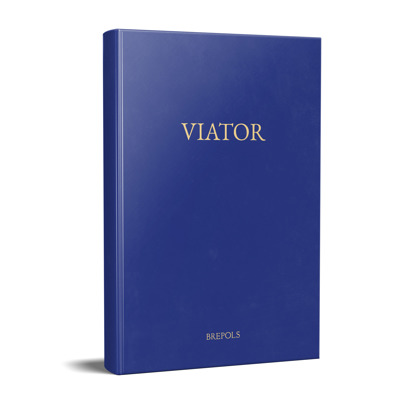
Viator 38, No. 1 (2007)
- Pages: 404 p.
- Size:175 x 255 mm
- Illustrations:18 b/w
- Language(s):English
- Publication Year:2007
- € 62,00 EXCL. VAT RETAIL PRICE
- ISBN: 978-2-503-52333-0
- Hardback
- Out of Print
- E-journal
- Available
Ramsey MacMullen, ‘The Search for Orthodoxy A.D. 325-553’;
Marjorie O’Rourke Boyle, ‘Augustine’s Heartbeat: From time to Eternity’;
Luigi Andrea Berto, ‘Oblivion, Memory, and Irony in Medieval Montecassino: Narrative Strategies of the ‘‘Chronicles of St. Benedict of Cassino’’’;
David S. Bachrach, ‘Memory, Epistemology, and the Writing of Early Medieval Military History: The Example of Bishop Thietmar of Merseburg (1009-1018)’;
Steven Vanderputten, ‘Fulcard’s Pigsty: Cluniac Reformers, Dispute Settlement, and the Lower Aristocracy in Early Twelfth-Century Flanders’;
Elizabeth Lapina, ‘‘Nec signis nec testibus creditur …’’: The Problem of Eyewitnesses in the Chronicles of the First Crusade’;
Sally L. Burch, ‘Leprosy and Law in Béroul’s Roman de Tristran’;
Jonathan Ray, ‘The Jews between Church and State in Reconquest Iberia: The Evidence of the Ecclesiastical Tithe’;
Claire M. Waters, ‘The Labor of Aedificatio and the Business of Preaching in the Thirteenth Century’;
Ármann Jakobsson, ‘Masculinity and Politics in Njáls Saga’;
Cordelia Warr, ‘Re-reading the Relationship between Devotional Images, Visions, and the Body: Clare of Montefalco and Margaret of Città di Castello’;
Clementine Oliver, ‘The First Political Pamphlet? The Unsolved Case of the Anonymous Account of the Good Parliament of 1376’;
David Matthews, ‘Lawrence Minot, Edward III, and Nationalism’;
John Block Friedman, ‘Chaucer’s Pardoner, Rutebeuf’s ‘‘Dit de l’Herberie,’’ the ‘‘Dit du Mercier,’’ and Cultural History’;
Mary C. Erler, ‘‘‘A Revelation of Purgatory’’ (1422): Reform and the Politics of Female Vsions’;
Marios Philippides, ‘The Fall of Constantinople 1453: Classical Comparisons and the Circle of Cardinal Isidore’;
Ross Hamilton, ‘Bruegel’s Falling Figures’.


